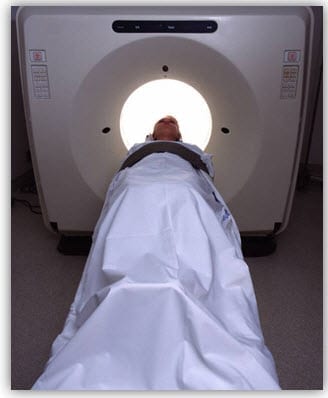Advances in medicine are often hailed as major accomplishments, but little attention is paid to how medical breakthroughs affect the price of insurance coverage.
Cancer, one of the deadliest diseases known to man, is a common focus when it comes to the medical world. Cancer itself has been around for millennia, but the 20th century has been host to the most promising progressions in fighting the disease. Medical technology has progressed rapidly in a relatively short amount of time, meaning that the insurance industry has been left to mitigate the enormous costs associated with such advances.
A new study from the Agency for Healthcare Research and Quality found that patients with cancer typically pay 20% more for health insurance coverage than those with other chronic illnesses. Another study from the Duke University Medical Center and the Dana-Farber Cancer Institute found that cancer patients often pay for medical care out of their own pocket, with average costs ranging around $700 a month. Additional research from the Fred Hutchinson Cancer Research Center in Seattle, Washington, shows that these costs grow exponentially the longer patients seek treatment.
Insurers assert that the high costs associated with cancer are not because the chronic nature of the disease but because of the expensive methods doctors employ to battle it. Because of growing concerns over the prices of medical care and insurance coverage, the American Society of Clinical Oncology has begun advising oncologists throughout the nation to discuss the costs of treatment with patients so they know what is in store for them financially. Oncologists, however, fear that if patients are presented with the full financial weight of their disease they may not seek treatment.
Insurers are currently seeking ways to mitigate the effects of rapid advances in technology by seeking Congressional actions to curb the relentless tide of medical costs. In the meanwhile, cancer patients struggling with the cost of their disease may find some help through the Patient Advocate Foundation’s Co-Pay Relief Program. Other alternatives are purchasing supplemental health insurance to fill the gaps that health insurance leaves but like most plans, insurance must be purchased before cancer is diagnosed – it is suggested that people with a family history look into this type of insurance as a preventative measure.
